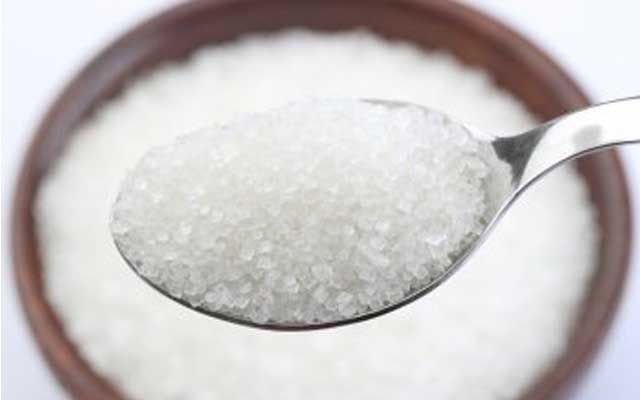
Sweet taste, not just calories, dictates metabolic response, says study
In nature, sweetness signals the presence of energy and its intensity reflects the amount of energy present.
When a beverage is either too sweet or not sweet enough for the amount of calories it contains, the metabolic response and the signal that communicates nutritional value to the brain are disrupted, according to study published Aug. 10 in the journal Current Biology.
A sweet-tasting, lower-calorie drink can trigger a greater metabolic response than drinks with higher calories, explaining the association between artificial sweeteners and diabetes discovered in earlier studies.
“A calorie is not a calorie,” said senior author Dana Small, professor of psychiatry at Yale University School of Medicine.
The new study shows that sweetness helps to determine how calories are metabolized and signaled to the brain. When sweetness and calories are matched, the calories are metabolized, and this is registered by brain reward circuits. However, when a “mismatch” occurs, the calories fail to trigger the body’s metabolism and the reward circuits in the brain fail to register that calories have been consumed.
“In other words, the assumption that more calories trigger greater metabolic and brain response is wrong,” Small said. “Calories are only half of the equation; sweet taste perception is the other half.”
Small noted that many processed foods contain such mismatches — such as a yogurt with low calorie sweeteners.
“Our bodies evolved to efficiently use the energy sources available in nature,” Small said. “Our modern food environment is characterized by energy sources our bodies have never seen before.”
Yale’s Maria Geraldine Veldhuizen and Richard Keith Babbs are co-first authors of the paper.
Primary funding for the study was provided by the National Institutes of Health and PepsiCo.
Inage:HD wallpapers
Support Our Journalism
We cannot do without you.. your contribution supports unbiased journalism
IBNS is not driven by any ism- not wokeism, not racism, not skewed secularism, not hyper right-wing or left liberal ideals, nor by any hardline religious beliefs or hyper nationalism. We want to serve you good old objective news, as they are. We do not judge or preach. We let people decide for themselves. We only try to present factual and well-sourced news.







